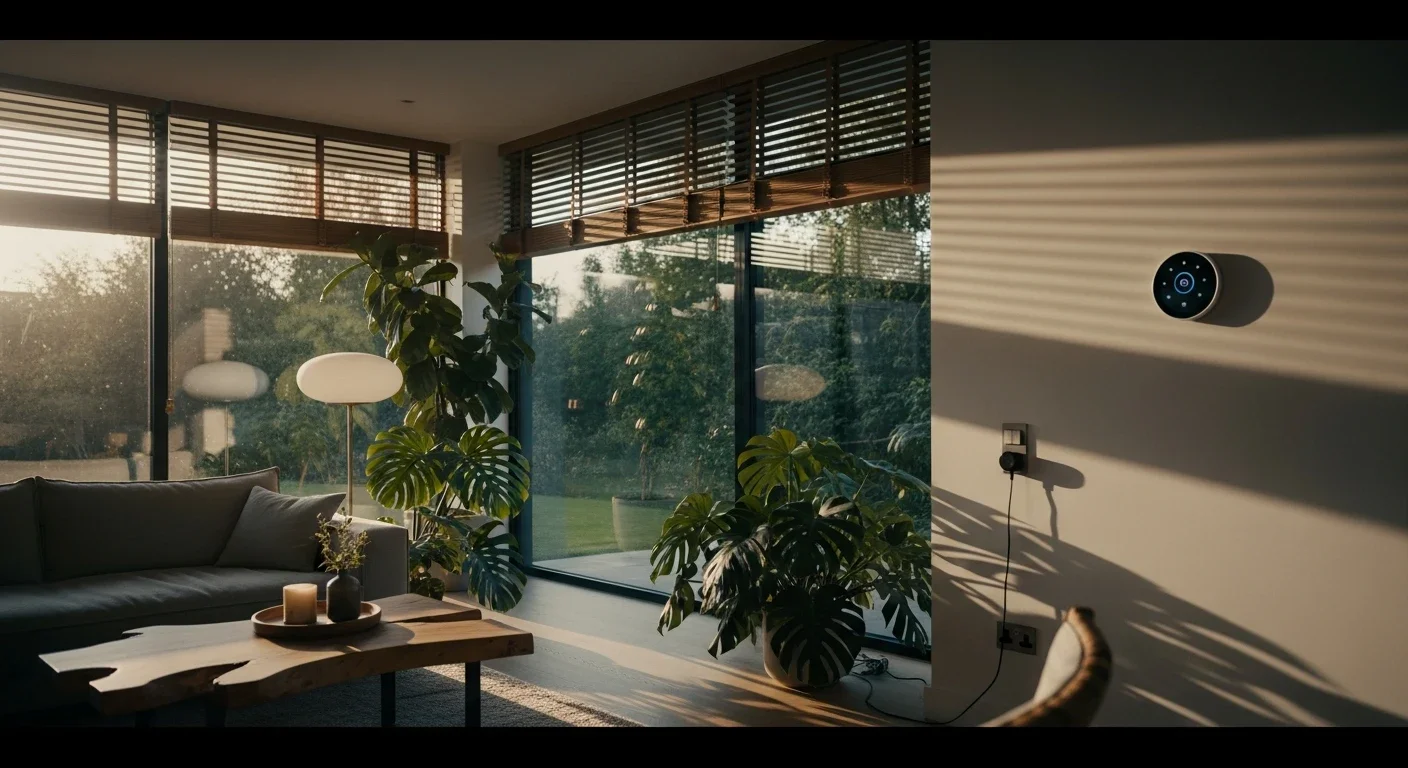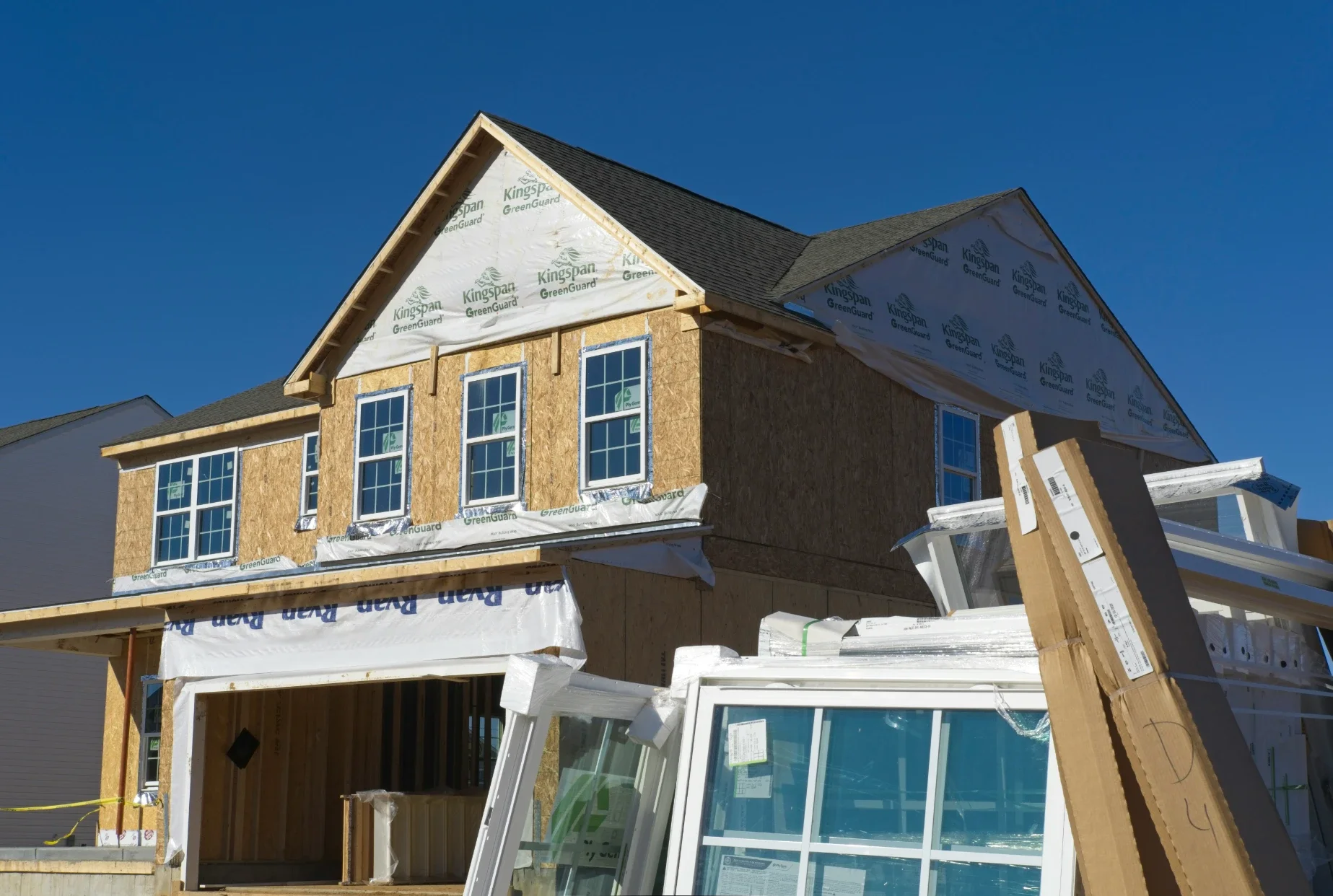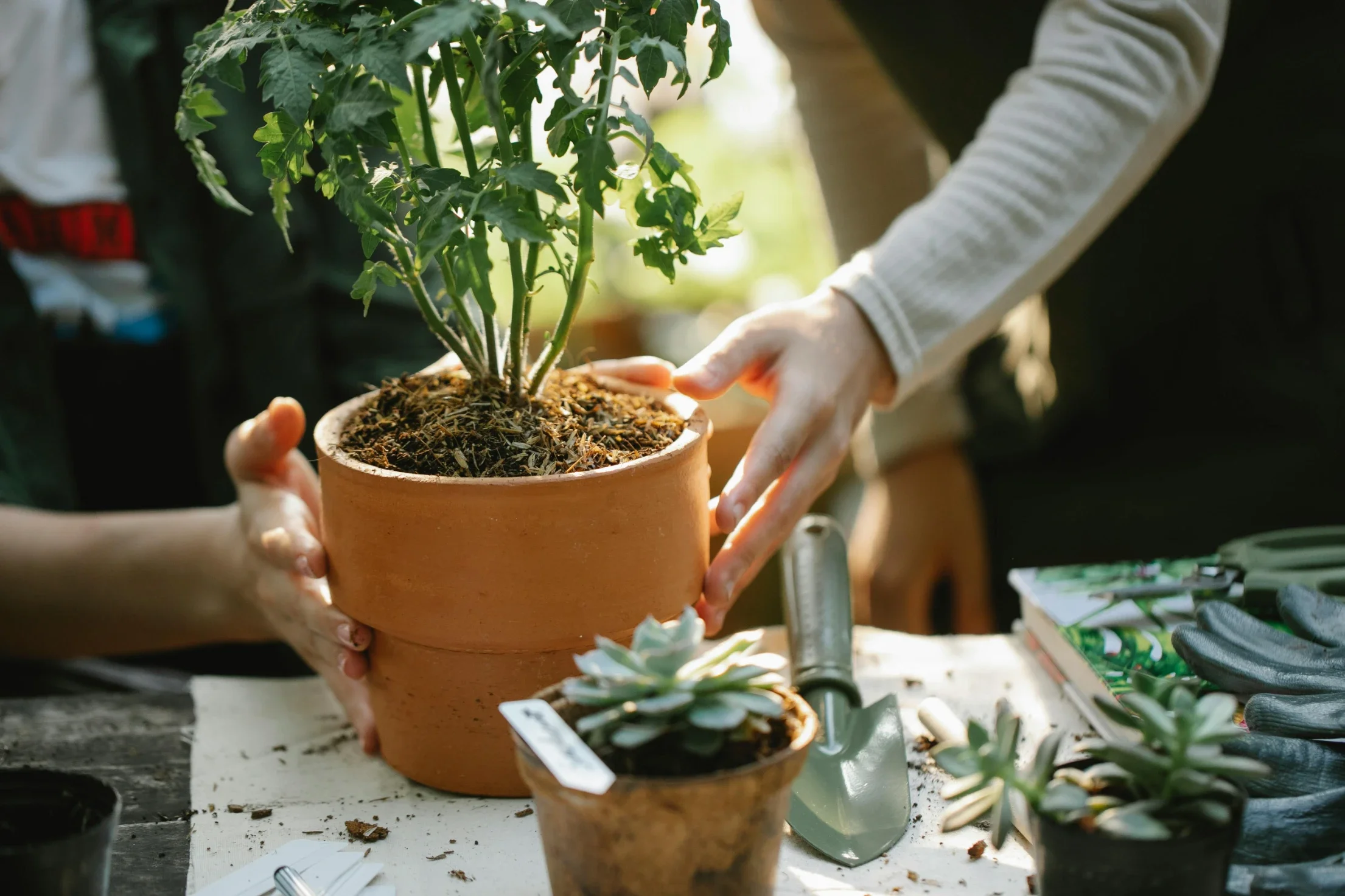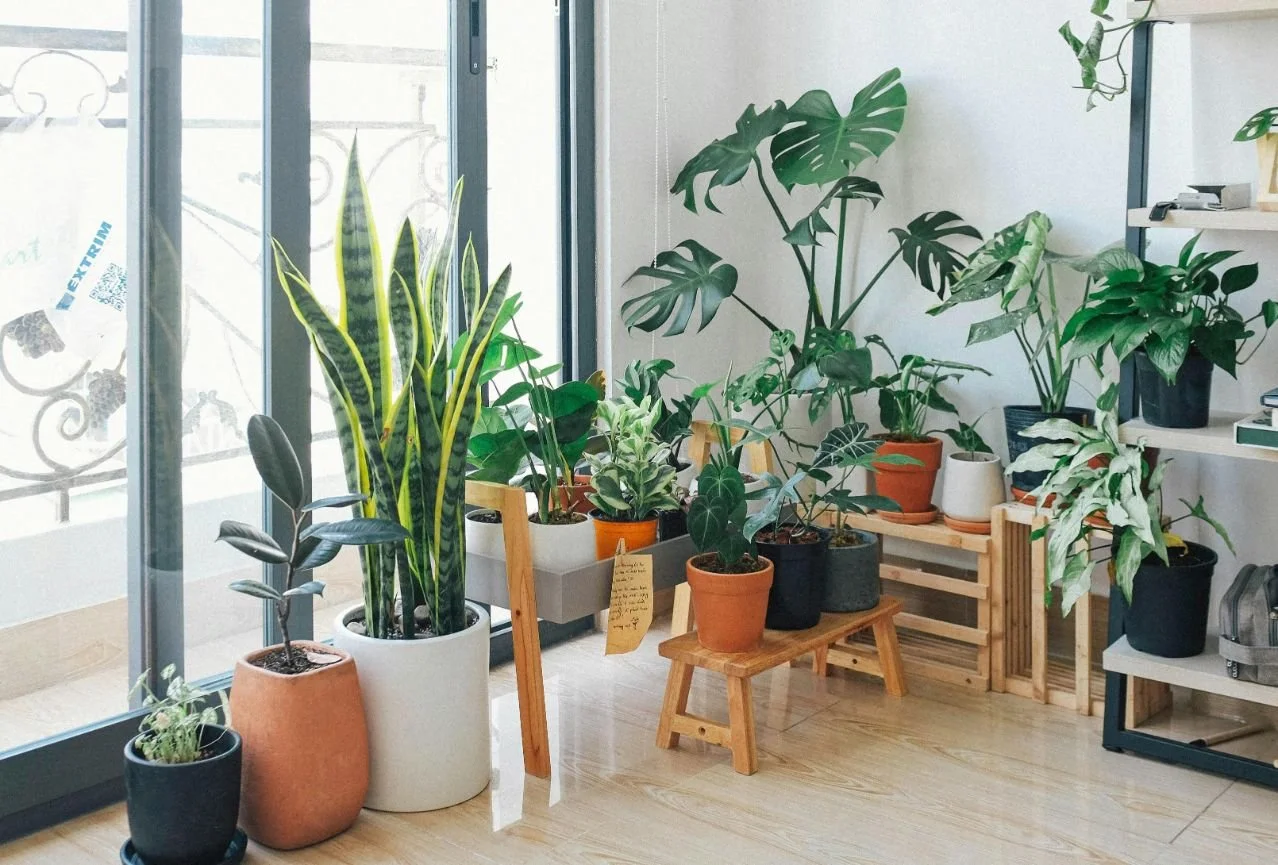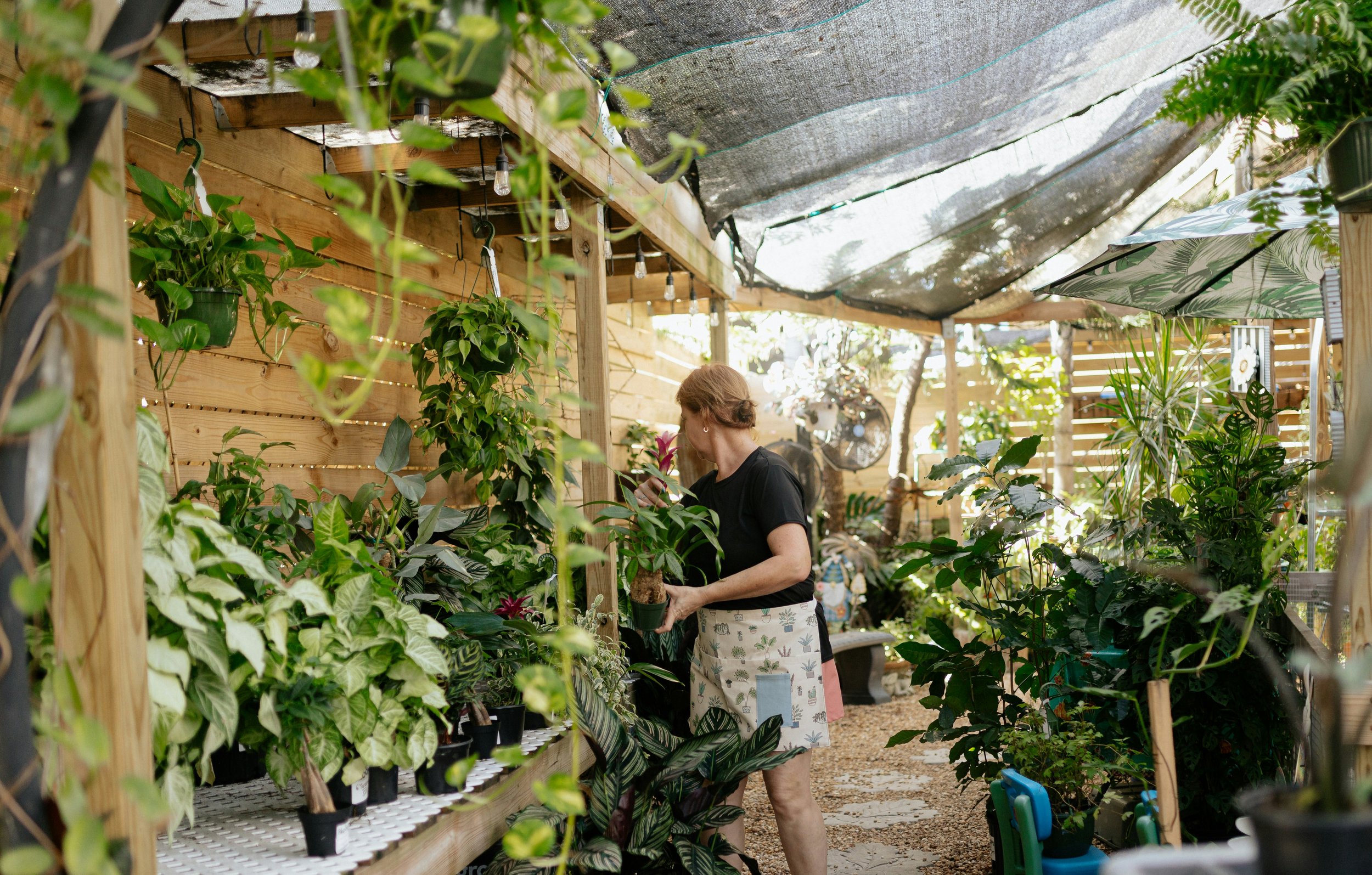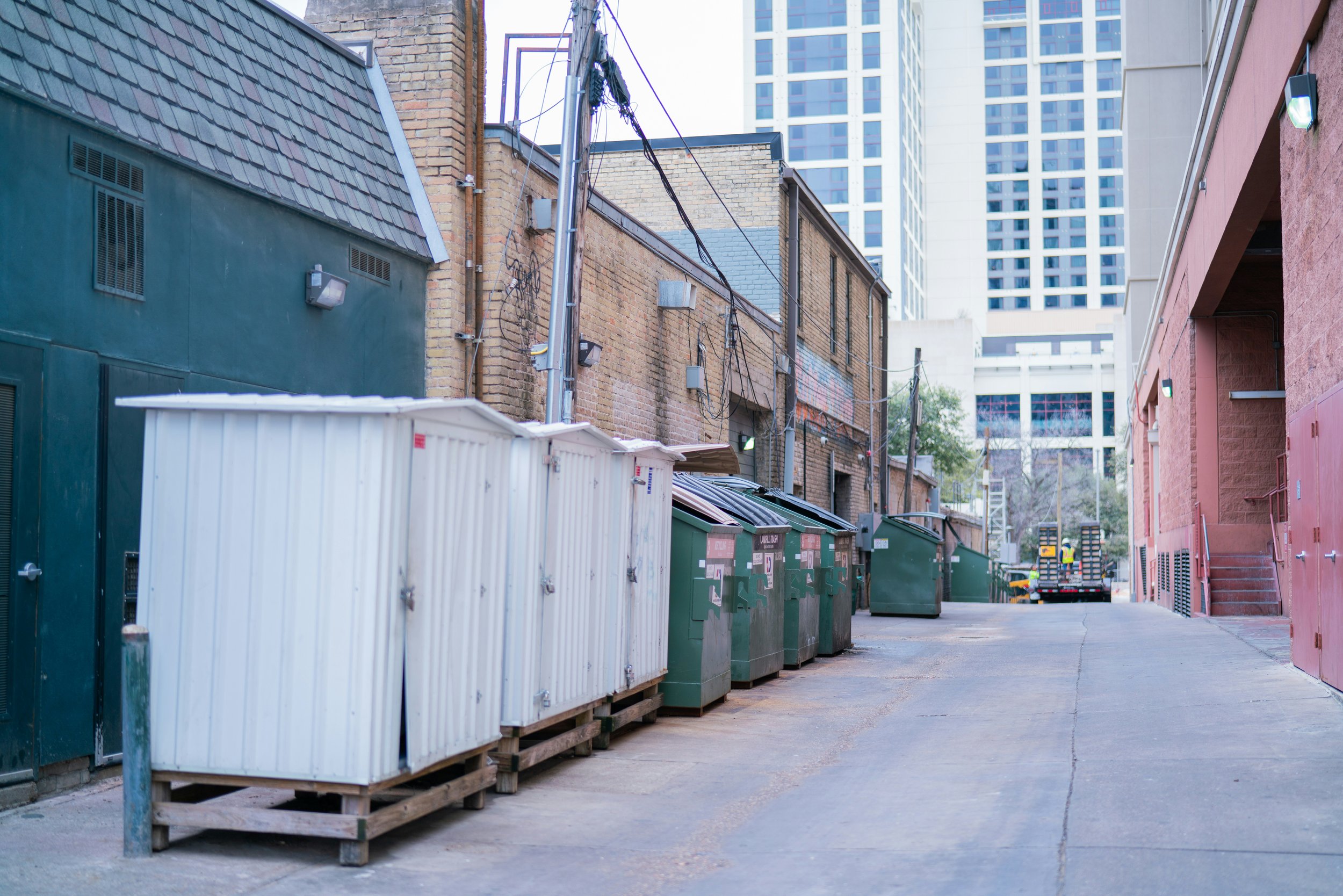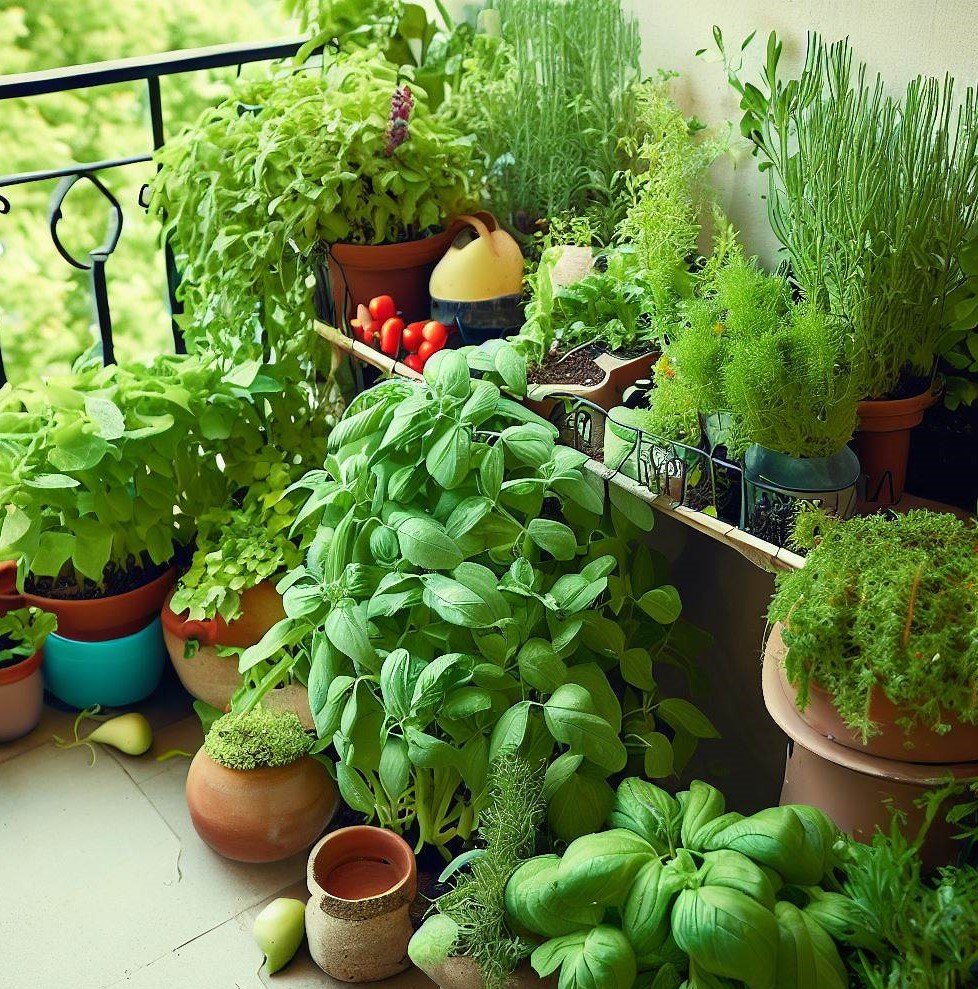Simple Tips for a More Sustainable Life at Home
Adopt simple, practical habits to make your home more eco-friendly. Learn easy ways to reduce waste, save energy, and live sustainably every day.
Living sustainably doesn't mean drastically changing your lifestyle. Many small, manageable adjustments can significantly impact our planet's health. Making thoughtful decisions improves your quality of life at home and helps create a more sustainable environment. Here are some straightforward tips to help you start your journey toward sustainability.
Reduce, Reuse, and Recycle
The mantra of "reduce, reuse, recycle" emphasizes the importance of minimizing waste. First, take into account how you can reduce your consumption. Buying fewer non-essential products decreases the demand for manufacturing, which can harm the environment. Choose durable goods over disposable ones. Invest in high-quality cookware and utensils that will last for years instead of single-use items.
Reusing materials is another vital aspect. Before throwing something away, think about how it can serve another purpose. Glass jars can become storage containers, and old clothes can be transformed into cleaning rags. Embrace creativity in finding new uses for items you already have.
Recycle whenever possible. Familiarize yourself with your local recycling program to ensure you’re following the correct guidelines. Recycling keeps materials out of landfills, conserving energy and resources. You can contribute to reducing waste and fostering a sustainable environment by concentrating on these three activities.
Embrace a Plant-Based Diet
Shifting towards a plant-based diet can significantly reduce your carbon footprint. The production of plant-based foods generally requires less energy, land, and water compared to animal products. Start by incorporating more fruits, vegetables, grains, and legumes into your meals.
This benefits your health and promotes sustainable agriculture. Some people wonder how to live sustainably without going completely off the grid, and adopting a plant-based approach is a feasible way to work towards it. You don't have to eliminate animal products, but gradually reducing your intake can lead to environmental benefits.
Support local farmers and organic produce, which tend to employ more sustainable practices.
Exploring new recipes using plant-based ingredients opens doors to creativity and can be enjoyable. Each sustainable choice, like choosing a meal that is environmentally friendly, contributes positively to the planet.
Choose Energy-Efficient Appliances
Switching to energy-efficient appliances can significantly reduce your energy consumption at home. Look for products with the ENERGY STAR label, as they meet strict efficiency guidelines set by the U.S. Environmental Protection Agency. These appliances use less energy than their conventional counterparts while maintaining performance.
Switching your refrigerator, dishwasher, or washing machine to an energy-efficient model lowers energy bills and addresses climate change by reducing greenhouse gas emissions.
Implement smart technology in your home. Smart thermostats, for instance, allow you to control your heating and cooling more effectively, optimizing energy usage. These devices learn your habits and adjust settings automatically to save energy.
When using these appliances, maximize their efficiency by running full loads. This practice saves both water and electricity, contributing to a sustainable lifestyle. It’s vital to make informed decisions about the appliances you choose, as they can impact both your utility bills and environmental footprint.
Conserve Water
Water is a vital resource, and conserving it is important for sustainability. You can start by checking for leaks in your home; even a small drip can waste gallons of water each day. Repairing these leaks promptly can lead to significant water savings.
Using water-efficient fixtures, such as low-flow showerheads and faucets, helps reduce water usage without sacrificing comfort. These fixtures can cut down your water consumption by 30% or more, saving both resources and expenses. When washing dishes or brushing your teeth, remember to turn off the tap when not in use to further conserve water.
In your yard, think about xeriscaping, landscaping that reduces or eliminates the need for irrigation. Native plants typically require less water and offer habitat for local wildlife. These changes in both your indoor and outdoor settings can lead to substantial water conservation, promoting a healthier planet.
Collecting rainwater using barrels is another effective method to reduce reliance on municipal water sources. This stored water can be used for gardening, cleaning, or other non-potable purposes.
Scheduling watering times early in the morning or late in the evening minimizes evaporation, ensuring plants get the most benefit. Mulching garden beds helps retain soil moisture, reducing the need for frequent watering.
Use Eco-friendly Products
Your choice of household products can significantly affect the environment. Opt for eco-friendly cleaning supplies that use natural ingredients and avoid harmful chemicals. Many commercial cleaning products contribute to indoor air pollution and can harm aquatic life when washed down the drain.
You can find various brands offering biodegradable and non-toxic solutions, or even create your own using vinegar, baking soda, and essential oils. Look for shampoos, conditioners, and soaps that are cruelty-free and made from natural ingredients. This reduces reliance on products with harmful chemicals that can affect both your health and the environment.
Using reusable items, like cloth napkins and shopping bags, supports sustainability. These practices reduce waste and decrease the need for single-use plastics. Together, these choices create a ripple effect that promotes eco-conscious living in your household.
Switching to energy-efficient appliances further complements the use of eco-friendly products by lowering resource consumption. Choosing items with recyclable or minimal packaging helps reduce landfill waste.
Supporting brands that prioritize sustainable sourcing encourages more companies to adopt green practices. Composting organic waste instead of throwing it away contributes to a cleaner, more sustainable environment.
Educate Others and Build Community
One of the most effective ways to promote sustainability is by educating those around you. Share your knowledge and experiences with friends, family, and neighbors. Host workshops or information sessions about sustainability, covering topics like gardening, composting, or energy conservation. Building awareness in your community can multiply your impact.
Join or form local groups dedicated to sustainability initiatives. These organizations often provide resources, share best practices, and support local projects. Connecting with like-minded individuals empowers you and generates momentum for environmental causes.
Collaborative efforts like community gardens or recycling programs enable communities to work together for a greener future. The shared experience fosters accountability and motivates individuals to commit actively to sustainable practices.
Living sustainably at home is achievable through simple yet impactful choices. By implementing small adjustments aimed at reducing waste and conserving resources, everyone can contribute to a healthier planet. Engaging others and fostering a sense of community adds to this positive change, creating a collective commitment to sustainability. Each step you take influences your lifestyle and your environment, paving the way for a more sustainable future.



